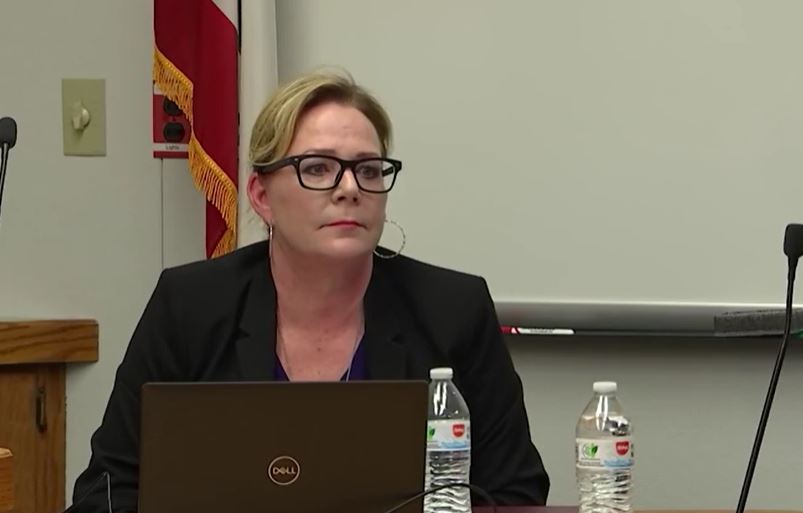Great societies rarely fall apart all at once; rather they deteriorate over time.
It's no different with the University of California, the state's network of prestigious research universities.
Like the rest of California's infrastructure, the UC system is crumbling a bit more every year.
At the rate things are going, it won't be very long before UC Berkeley, UCLA and the other UCs are just like any other school.
Here are some of the indicators of the university's downward trajectory:
--The most recent U.S. News and World Report ranking on U.S. universities ranks UC Berkeley at 22nd, a notch down from 21st place in 2006.
UCLA has managed to hold its own at 25th place, but UC San Diego, renowned for its emphasis on the sciences, has dropped three notches to 35th place from 32nd.
Local
These numbers may seem small, but they are powerful evidence of the systemwide decline -- when you're talking about the best schools in America, even one step up or down is important.
--Between the 2005-2006 and 2008-2009 academic years, the percentage of UC tenured faculty dropped from 74 percent to 70 percent, according to a recent study. Why are they leaving? More money and better working conditions.
Here's what the chairman of the UC Academic Sentate said after seeing the data: "My real fear is that as private institutions and endowments recover from the market collapse, those institutions are going to really gear up their recruiting."
--Just a few weeks ago, three prominent biomedical researchers at the University of California, San Diego decamped for Rice University in Texas. Immediately upon their arrival they received a $10 million grant.
Each of these facts might be dismissed as an aberration, but combined they tell us much about the extent to which the UC system is losing its edge as the home of several top-notch research universities.
None of this should be surprising. Over the past twenty years, state support for the UCs has fallen by close to 60 percent.
Unlike K-12 public education, there is no constitutional mandate for any funding level, so that makes the UC and California State University systems ripe targets in tight times.
Less funding translates to fewer research facilities, less staff support, and greater teaching demands, which take away from research time.
In recent years, UC faculty salaries have fallen well below the salaries of competitive institutions, where in addition to more money, the cost of living is almost always less.
All this and more have led to California's slow but steady brain drain.
Some might be tempted to say, "So what? Who cares about exploring the edge of the universe or understanding biomedical remedies for rare diseases? It's all squishy stuff, anyway."
What's "squishy" today, though, often has life-saving applications tomorrow. Moreover, the research conducted by UC professors and others elsewhere often becomes the starting point for commercial opportunities which generate jobs and taxes for the state.
The way to stop all this is for California to reverse the decay and increase its investment in the UC schools.
As long as state policy makers and the public resist the calls for new revenues, UC schools will continue to deteriorate, and with them will go much of California's future.
<p><i>Let us know what you think. Comment below, send us your thoughts <a href="via">http://twitter.com/propzero">via Twitter @PropZero</a> or add your comment to<a href="http://www.facebook.com/pages/Prop-Zero/146386698720152?ref=ts&v=wall#!/pages/Prop-Zero/146386698720152"> our Facebook page.</a></i></p>



